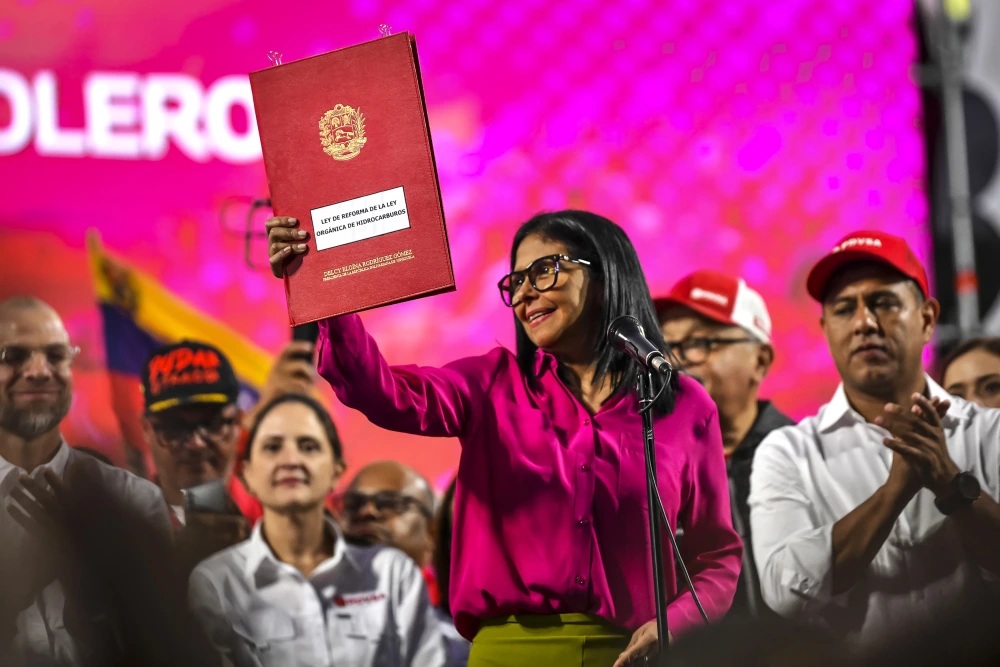Four-day week proposal to counter rising fuel costs

Francisco Carreira-Pittí, president of the Unity Movement, has delivered to the Ministry of Labor (Mitradel) a proposal that seeks to reduce the working week to four days. A measure with which it is intended to respond to the rise in fuel prices.
Pittí explained in a statement that the initiative is based on the global instability in the supply of fuel and the increase in price, which is not expected to decrease.
The proposal consists of reducing the working week from five to four days, working an additional two hours during the four days a week to complete the 40 hours, and having an additional day off, either Friday or Monday.
According to the proponents, the measure would lead to a reduction in fuel costs of 20% weekly, which depending on the distances and consumption would be a savings of between $20 and $40 per week.
Pitti clarified that the proposal would be of a temporary nature and does not intend to nor can it be applied to all economic activity in the country.
It must begin first in the public sector and its dependencies and then extended to economic activities that can be reduced to 10 hours a day for four days.
“The proposal is applicable to government entities, including the judiciary and companies related to said activities that normally work 40 hours per week. Those activities that work 48 hours a week require the consideration of other measures, such as implementing work at home, which was acceptable during the pandemic.”
The president of the National Council of Private Enterprise (Conep), Rubén Castillo,
“This is a thorny issue, but we believe that we can at least offer a point of view so that labor relations can be regulated in a context that is different from the one that gave rise to the Labor Code,” Castillo said.
He explained that, before the pandemic, there was already talk of an idea of grouping the working day in such a way that workers could have more days off at the end of the week if they worked more than the traditional 8 hours. “This would have to be discussed with the sectors,” Castillo said.





